BALTIMORE — Massive barges carrying cranes streamed toward Baltimore on Thursday to begin the challenging work of removing twisted metal and concrete in an attempt to open a key shipping route blocked by the wreckage of the Francis Scott Key Bridge.
U.S. Coast Guard officials said Wednesday night that the barges were on their way to the spot where the bridge crossed the Patapsco River, but it was not clear when they would arrive.
The devastation at the site of the collapse, which happened when a powerless cargo ship rammed it early Tuesday, is extensive. Divers reached the bodies of two men in a pickup truck near the bridge’s middle span on Wednesday, but officials said they would need to start clearing away the twisted wreckage before anyone could reach the bodies of four other missing workers. Divers are to resume searching once the debris is cleared.
“We’re now moving from a recovery mode to a salvage operation. Because of the superstructure surrounding what we believe are the vehicles and the amount of concrete and debris, divers are no longer able to safely navigate or operate around that,” Col. Roland L. Butler Jr., superintendent of Maryland State Police, said at a news conference Wednesday.
“We have exhausted all search efforts in the areas around this wreckage, and based on sonar scans, we firmly believe that the vehicles are encased in the superstructure and concrete that we tragically saw come down,” Butler said.
Butler said his agency would support the unified command during the salvage assessment phase, but he asked for patience, warning that “there’s no definitive timeline.”
National Transportation Safety Board officials boarded the ship, the Dali, to recover information from its electronics and paperwork and to interview the captain and other crew members. Investigators shared a preliminary timeline of events before the crash, which federal and state officials have said appeared to be an accident.
Of the 21 crew members on the ship, 20 are from India, Randhir Jaiswal, the nation’s foreign ministry spokesperson, told reporters Thursday. One was slightly injured and needed stitches, but “all are in good shape and good health,” Jaiswal said.
The victims, who were part of a construction crew fixing potholes on the bridge, were from Mexico, Guatemala, Honduras and El Salvador, Butler said. At least eight people initially went into the water when the ship struck the bridge column, and two of them were rescued Tuesday, officials said.
The crash caused the bridge to break and fall into the water within seconds. Authorities had just enough time to stop vehicle traffic, but didn’t get a chance to alert the construction crew.
The Dali, which is managed by Synergy Marine Group, was headed from Baltimore to Sri Lanka. It is owned by Grace Ocean Private Ltd., and Danish shipping giant Maersk said it had chartered it.
Synergy expressed its regret and extended sympathies to the families of those lost in a statement early Thursday.
“We deeply regret this incident and the problems it has caused for the people of Baltimore and the region’s economy that relies on this vitally important port,” Synergy said, noting they would continue to cooperate with investigators.
The sudden loss of a highway that carries 30,000 vehicles a day and the port disruption will affect not only thousands of dockworkers and commuters but also U.S. consumers, who are likely to feel the impact of shipping delays.
The governors of New York and New Jersey have offered to take on cargo shipments that have been disrupted. New York Gov. Kathy Hochul and New Jersey Gov. Phil Murphy said in a statement Thursday that ports in their states can handle additional shipments in an attempt to minimize supply chain disruptions.
Transportation Secretary Pete Buttigieg has said the Biden administration was focused on reopening the port and rebuilding the bridge, but he did not put a timeline on those efforts. Buttigieg planned to meet Thursday with supply chain officials.
From 1960 to 2015, there were 35 major bridge collapses worldwide due to ship or barge collisions, according to the World Association for Waterborne Transport Infrastructure.


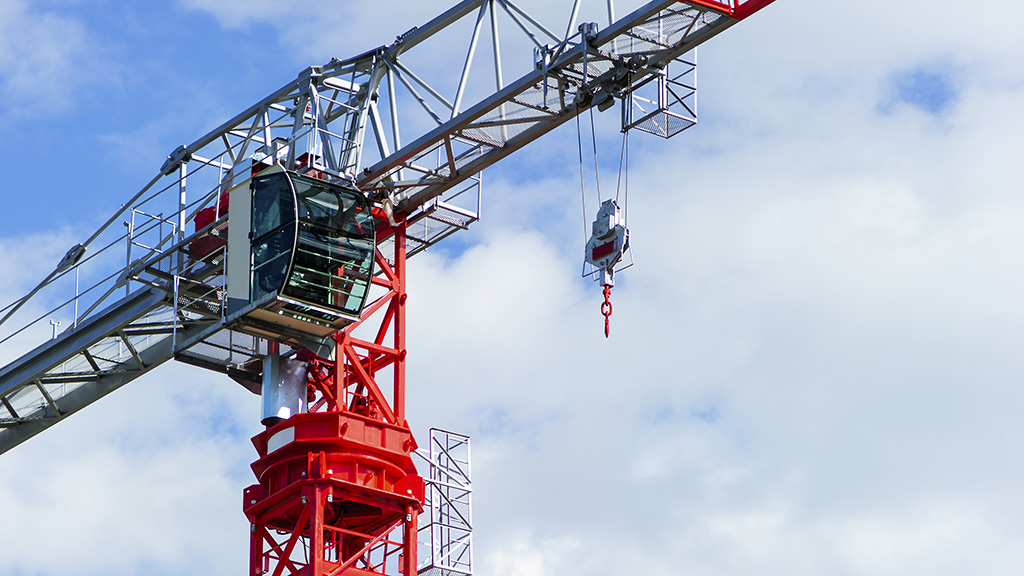
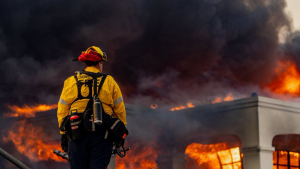
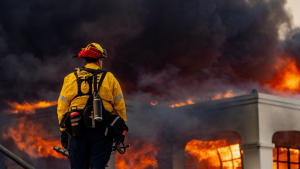
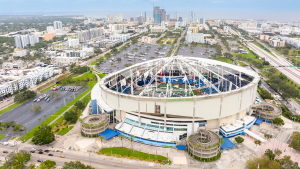

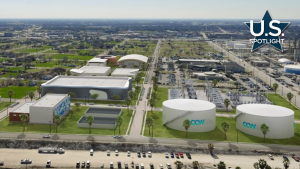


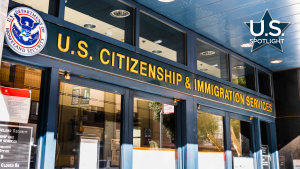
Recent Comments
comments for this post are closed